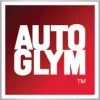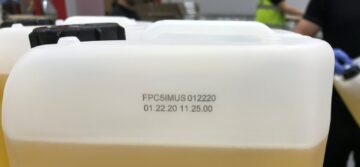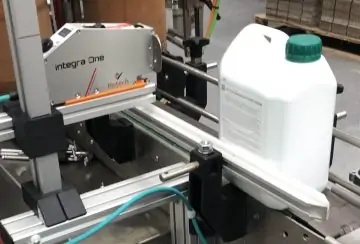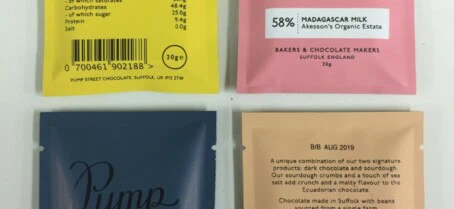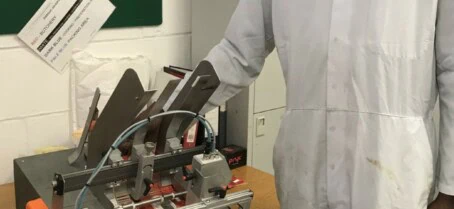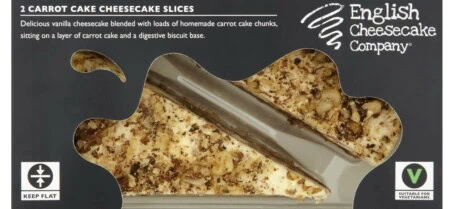Identifying how to polish up the coding process
Autoglym products come in a range of types and sizes including cans, jars and most notably, plastic bottles. Their products are shipped all over the world and, by nature of the product, they are used in ‘wet’ or harsh environments, so product labels need to be robust.
The primary product brand label is consistent for each product type, therefore requiring little intervention on the production line. However, on the bottles, the batch number and ‘best before’ codes are applied using a separate label because the information is constantly changing.
Traditionally, the batch and date code labels were printed and applied to the bottle by hand using a ticket gun, requiring additional labour and slowing down production. There was also a concern that this small, additional label may not always endure harsh environments – they needed to find a more reliable and cost-effective way of coding each bottle.
Setting out the scope of needs
When Autoglym approached Rotech, they explained that they needed to improve the way that codes were being applied to products, but they didn’t know how all the issues could be addressed.
Rotech Sales Manager, Steve Ryan said
Autoglym were manually applying codes to 2.5 litre and 5 litre plastic bottles, printing black text in both standard English as well as Chinese characters for their Asian market. They needed to find an automated solution that was quicker, more reliable and more cost-efficient – one that would not interrupt the conveyor line. Importantly, the solution needed to be durable, to avoid any potential issues with the labels becoming damaged by moisture, and to prevent them from being removed.
Coding that will stand the test of grime
Having surveyed the production process in detail, Rotech proposed a very simple but effective direct printing solution, one that could easily be fitted to the side of the existing conveyor and would fully automate the coding process.
The Integra Thermal Inkjet (TIJ) printer was chosen because it is small, compact, and ideal for integrating into small spaces or onto conveyor lines.
Capable of producing high quality prints on just about all surfaces, the high-speed printer automatically prints batch numbers and date codes directly onto the chosen position on each bottle as it passes the printer. And, being fully adjustable, the height of the printer can be quickly positioned to print on each bottle size.
Thermal Inkjet technology is clean and reliable and requires no maintenance. The printing technology uses thermal energy to expel ink through a nozzle and onto a substrate, leaving a highly durable print that will endure even wet environments.
Each simple ‘click-in, click-out’ ink cartridge can print up to 400,000 clear, high-quality prints (up to 600dpi) – no mess and low consumable costs. They also now have the added benefit of being able to switch from black to red ink on specific products by simply swapping cartridges.
The required data is set through the iDesign format creation software. This allows Autoglym to create and edit their batch numbers, dates and times and line numbers, and switch to Chinese characters as required.

